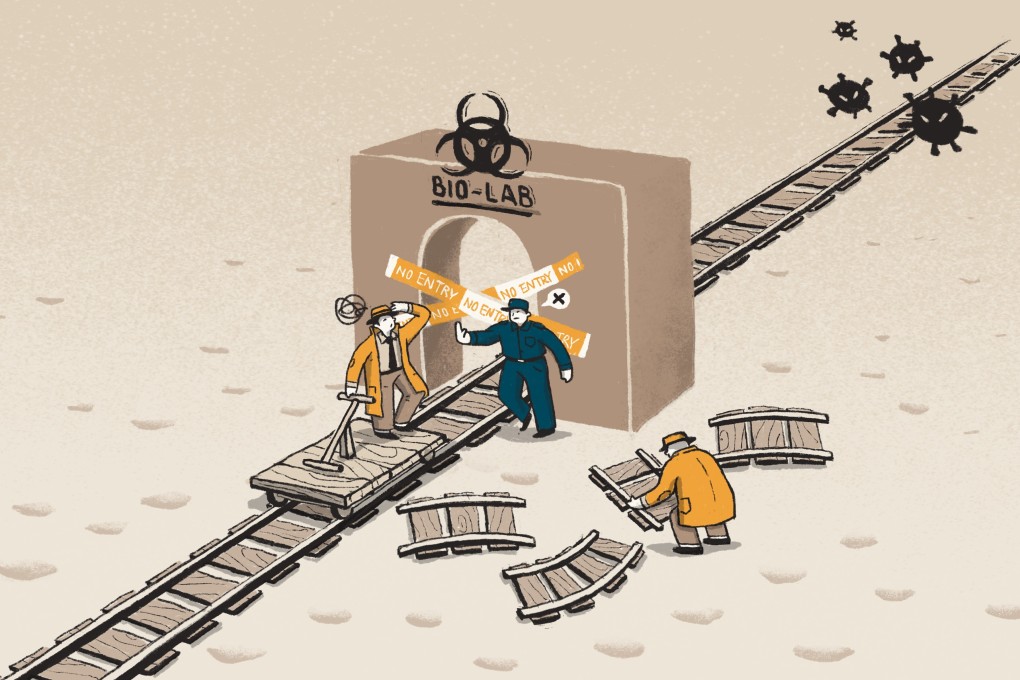No entry: the trouble ahead in China for the WHO’s Covid-19 origins hunt
- The UN body wants to investigate the possibility that the coronavirus could have leaked from a laboratory in China
- But Beijing is blocking the path and any progress could be months away

The UN mandated body has laid out five areas of interest and one of them looks set to thwart hopes for the cooperation needed to track down how this pathogen passed into people. The particular area of interest would entail full disclosure from China to rule out the hypothesis that the virus causing the respiratory disease may have escaped from a laboratory in the central Chinese city of Wuhan.
As part of the next stage of the virus hunt, the WHO wants a new group of scientists to take the lead. This move is expected to sideline a team of 10 international specialists who spent four weeks in Wuhan earlier this year with Chinese scientists evaluating research on how the virus began spreading in the city, where it was first identified in late 2019.
Calls for further examination of the lab leak hypothesis, alongside the alternative that the virus emerged naturally, have grown in both scientific and diplomatic circles outside China.